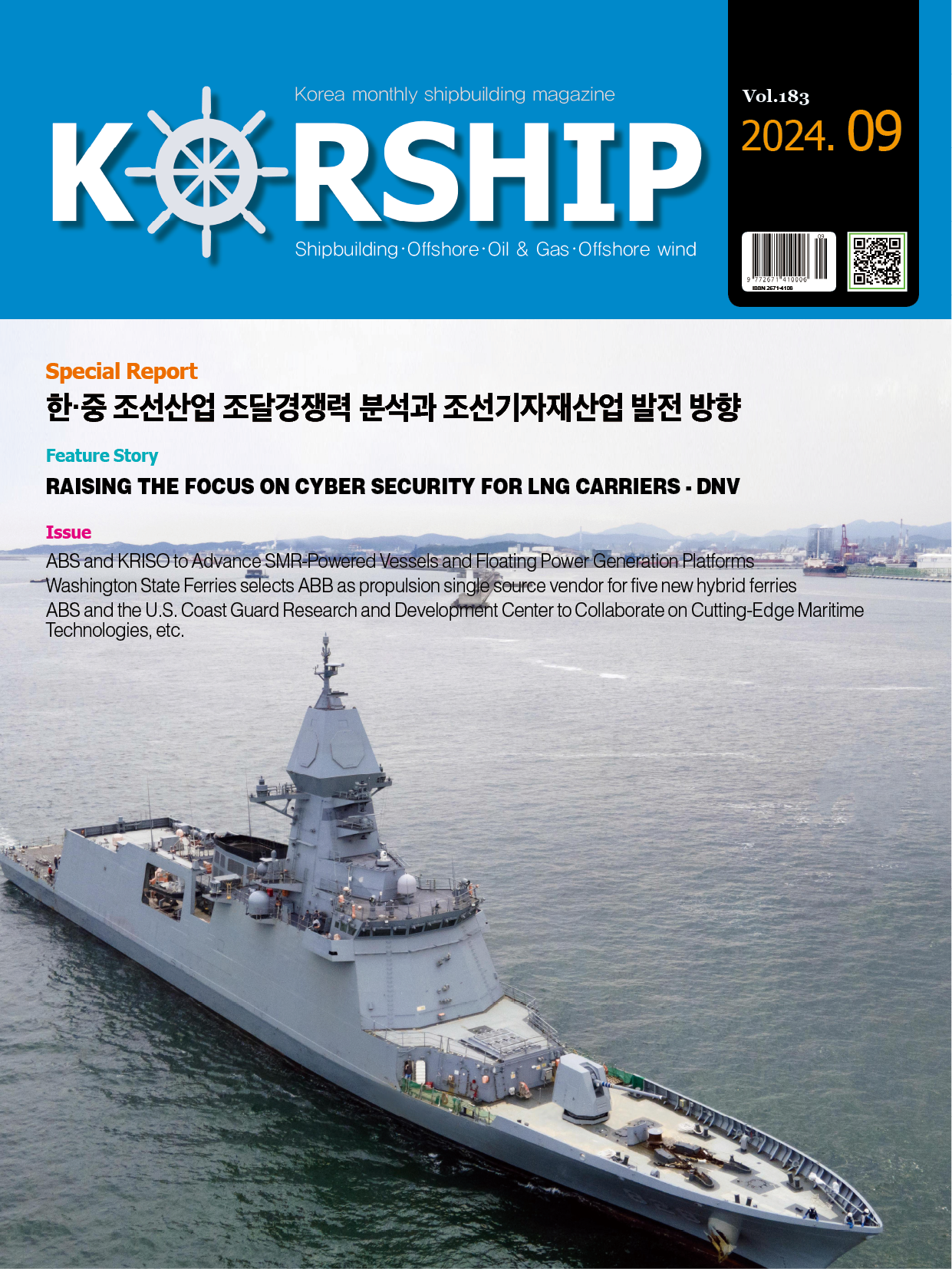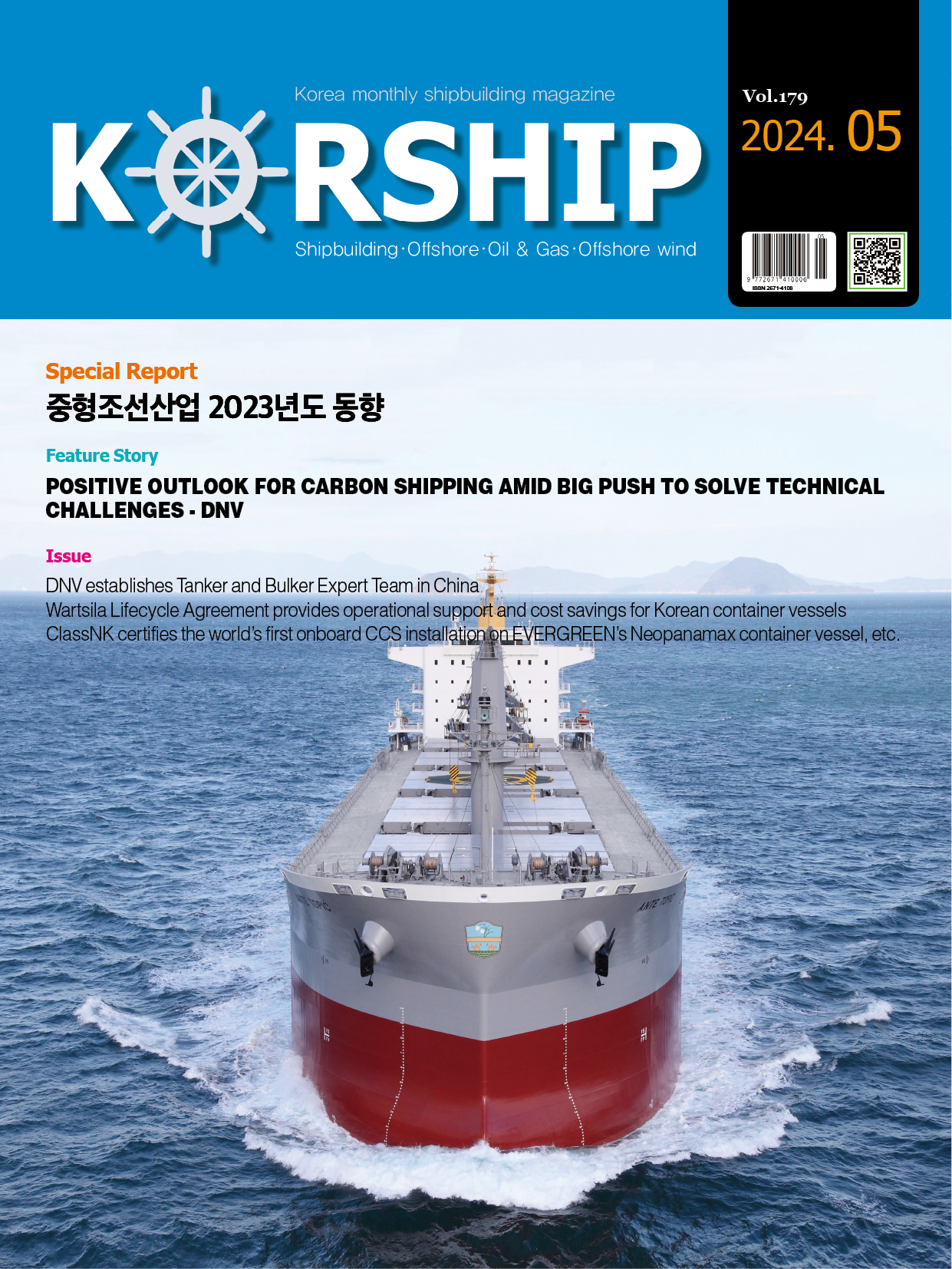Feature Story Walking the walk for women in shipping
페이지 정보
작성자 최고관리자 댓글 0건 조회 801회 작성일 24-09-19 15:49본문
There has been a lot of talk at international maritime conferences about diversity, equity and inclusion and there are more women in shipping than ever before, but the figures are still too low.
So, what is not working?
The first IMO and WISTA International Women in Maritime Survey of 2021 showed that, even though their numbers were increasing, women contributed only 2% of the seafaring workforce. Furthermore, overall, they only accounted for 29% of the workforce within the maritime industry.
A second WISTA survey will be carried out this year, to be launched in September. Where the raw statistics are concerned, I am confident that it will show progress.
However, any progress should not result in complacency: I believe it is time for companies that have shown leadership to follow through with next steps.
One area for focus will be the opportunities available to women for career advancement. As with much else where trends in employment are concerned, shipping is not alone on the issue. Women often find themselves overlooked in the workplace and face barriers to career progression despite having the ambition, qualifications and expertise.
Whether acknowledged or not, the reasons this is so include workplace expectations – or unconscious bias – relating to age and parenthood, even in societies which consider themselves liberal.
A recent survey of more than 1,200 professional women in Switzerland across diverse sectors and management levels found that almost every second woman expressed increasing dissatisfaction with her career advancement in the age bracket 41-45. Among those surveyed, 90% wanted their careers to go further.
The same research found that parenthood did not diminish ambition for career progression.
Attitudes to parenthood which frustrate those ambitions can be hard to shift, but practical adjustments can be made if company leadership is flexible and open to doing things a little differently.
In a recent example from my own company, a female chief mate had a baby and aims to go back to sea in time. However, as she preferred to return to work earlier, we found a way to use her experience in an office job that was mutually beneficial.
Small steps to progress
More generally, it is very often relatively small and easy to implement changes which make big differences to working conditions and workplace cultures.
Successes have included the wider availability of protective clothing on ships that fit women, but many other small changes could have big impacts. Ensuring that bathrooms for women are near where they work in ports and on ships, if that is somewhere like the engine room, can make an enormous difference. Again, the provision of sanitary products on vessels should be a basic workplace requirement rather than an issue.
Small measures like these can have a disproportionate effect in ensuring safer and better working environments. In the same way, changes in onboard cultures really start to take off when more women are present: it makes a dramatic difference if there are four women on a ship rather than just one or two.
Changing attitudes
Sustaining momentum will also rely on ensuring that we, as women in shipping, remain focused on making a difference. Panel discussions on diversity, equality and inclusion are invaluable in moving debate forward, but women in technical and management positions are also fully qualified to join business panels and show how their involvement can benefit industry thinking.
WISTA, with the IMO, has done its bit to help find and promote women speakers across the shipping industry through the Maritime Speakers Bureau platform. My point here is that women also need encouragement from their employers, to make themselves available for such opportunities and to stand up and speak.
Certainly, we must call out incidents where women are prevented from travelling to WISTA conferences by companies that do not recognise the value of learning and gaining confidence from a member-funded organization committed to equitable opportunities.
The aim is not to ‘replace men’, but to better empower women in ways that create a fairer, discrimination-free environment which improves our industry, and shows that it is changing to attract the new talent it needs for the future.
We know that the challenges ahead are huge: women in shipping are still often underpaid and, despite being well qualified, do not progress to the top positions as quickly as men. Again, setting aside their progress as seafarers, women working in ports lack standardized job specifications: for a woman, a job change can often involve a lower position and proving oneself to get back to where one started.
Thankfully, awareness is growing, and it is encouraging to see more companies contacting WISTA for guidance on how to improve diversity and inclusion within their organisations.
Ultimately, it is about ensuring the widespread adoption of policies and training that enhance understanding of the benefits and importance of DEI, address biases and create a fairer working environment for all.
To truly start changing behaviours and mindsets, we need to practice what we preach; words are not enough if we want to bring about real cultural change for the good of the maritime industry and society as a whole.
■ Contact: WISTA International
https://wistainternational.com/












